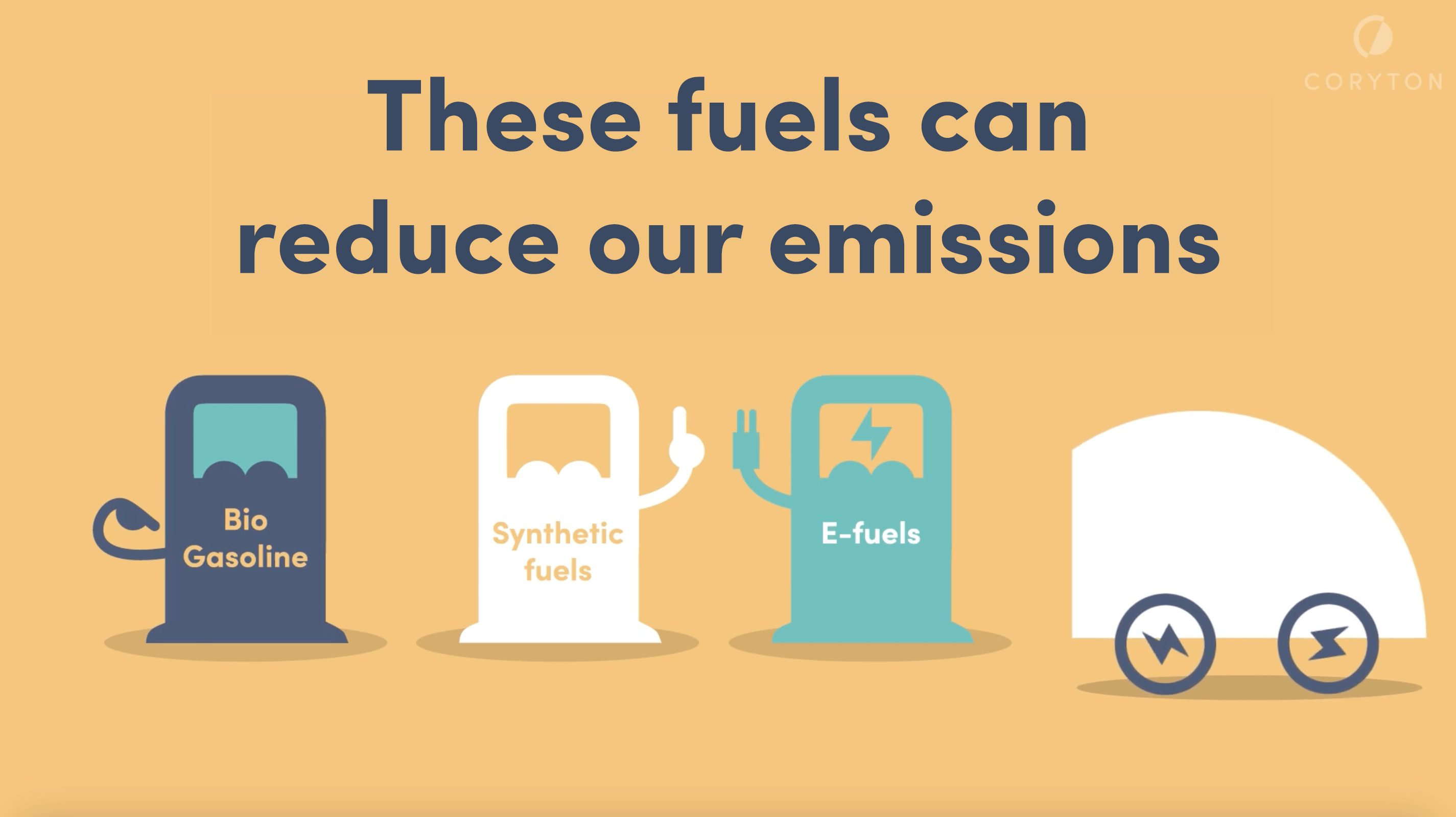
29 March 2023
Germany announces EU agreement for use of internal combustion engines beyond 2035

At Coryton we believe that anything which encourages open discussions around the best ways to reduce emissions from vehicles is a positive move. Germany’s agreement with the EU to allow some internal combustion engines (ICEs) to be produced beyond 2035, with the vital proviso that they run on carbon neutral fuels, in our mind takes us closer to talking about the elephant in the room – how we reduce emissions from the existing fleet on our roads today.
Given the challenges ahead, utilising technology neutrality to help the automotive industry hit climate targets is a positive step in the right direction. However, further clarification is needed on the details and terminology used in Germany’s agreement with the EU.
There is still a lot of confusion around the different types of sustainable fuels available. There seems to be much focus on efuels, but for reasons of speed and capacity, all types of sustainable fuels should be included within the ‘catch all’ of carbon neutral fuels. This includes the advanced biofuels that Italy is calling for. Efuels only currently make sense environmentally in certain geographies and biofuels should only ever be produced from bio waste. Whilst neither option may currently be available in huge quantities, they can be if the demand is proven.
Negatives can always be found when looking at any type of technology, including EVs – there is no ‘perfect silver bullet’. It’s our belief that we must use every workable option available to stand the best chance of making a genuine impact on the environment.
By extending the life of the ICE – which in itself does not have to be a climate damaging technology unless it’s run on fossil fuels – it gives a clear message to industry to continue working on clean fuels and ever cleaner engines. ICE vehicles will remain on our roads for many decades to come, regardless of whether new ICE vehicles are banned, so it’s vital we do what we can to tackle GHG emissions from the existing fleet whilst we work towards having the necessary infrastructure in place for electric vehicles.

